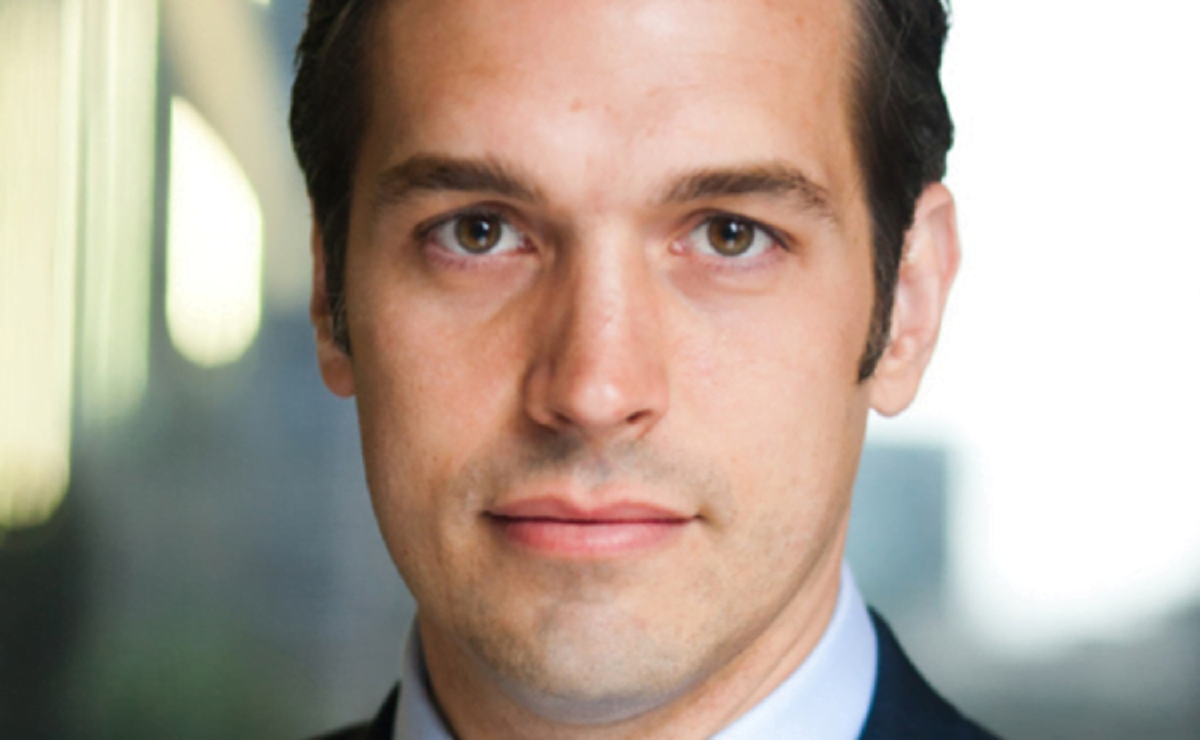It has been three months since James Taylor left his role as global head of electronic foreign exchange sales at BNY Mellon. The former JP Morgan and Barclays Capital has joined Unizen as chief business development officer, with the first aim of reinforcing the compliance and regulatory aspects of the CeDeFi ecosystem.
Q2 2021 hedge fund letters, conferences and more
Taylor comes from the traditional finance industry, and has landed at Unizen at a critical stage in which the company is furiously working on innovating the UX environment for crypto traders and developers.
We talked to James about his move and what Unizen is working on in the crypto space, while looking to use CeFi to bridge the gaps while delivering “compliant liquidity” to the end-user.
It's been three months since you joined Unizen. How has it been? What did you find when joining the company?
The time has flown by! The pace of innovation and development in the crypto industry is really quite staggering and it’s really exciting to be a part of it. I was already interested in the space and there are similarities between traditional finance and crypto but it wasn’t until I joined Unizen that I realized how much I didn’t know!
So I’ve been busy. I spend a large part of my time talking to and getting to know the team, asking “dumb” questions, and learning. Also, a lot of focus and effort has been on the compliance and regulatory side which is very high on our agenda and an area that I was able to help with from day one.
You come from traditional finance and have broken your way into crypto. Was it a revealing transition?
It was only ever going to be a unique and special opportunity to move me from traditional finance to crypto, and Unizen was precisely that. One big reason was the team, which is top-notch in terms of talent and diverse experience, but more importantly, it operates with high moral standards and ethics.
Throughout my career, although I was working at some of the biggest and most successful global investment banks, the areas I worked in were essentially new and very much like startup businesses –we were redefining the way that fixed-income products would be traded.
So the combination of working with a brilliant team and the ability to be a part of building out something special again in the crypto space is why I'm here.
The Unizen team and community have identified multiple challenges that face investors in the crypto space including KYC, security, liquidity, and high network fees –we are looking to fix actual problems that exist in the space at present, rather than those in a hypothetical future.
Unizen is an ecosystem that unifies centralized and decentralized products and services –CeDeFi. It is a cohesive workspace that integrates UIs and aggregates data. Regular DeFi falls short of compliance requirements that are needed by most investment firms and asset managers.
We are looking to use CeFi to bridge the gaps while still respecting and protecting the essential DeFi elements, delivering “compliant liquidity” to the end-user –liquidity that they are permitted to interact with, according to their specific regulatory, legal, or fiduciary obligations.
What are the advantages of Unizen’s hybridization for traders?
The main advantages of hybridization are simplicity, security, and locating the best liquidity and pricing available. The first modules are exchanges, but over time there will be other essential products and services added.
However, Unizen is not just for traders. Both experienced traders and occasional investors will have a much simpler and straightforward experience, and loyal community members who hold and/or stake ZCX tokens will receive various perks such as reduced trading fees, regular airdrops of project tokens, access to pre-sales, and more.
How could a DeFi system be scaled?
The short and simple answer here is “cross-chain interoperability.” Most DeFi is currently siloed, something that is very limiting. Interoperability is crucial in any software or ecosystem, as it simply won’t work to its full potential if it can’t work with other software or networks.
Should the future be DeFi, how do you see Altcoin performing versus bitcoin?
CeFi and DeFi need to co-exist and evolve –likely the future will be CeDeFi. Regarding bitcoin versus altcoin, the former is primarily a store of value, when compared to Ethereum, whose smart contracts allow the development of DeFi apps.
I think we will see BTC “Dominance” move to less than 30% as we move to a multipolar blockchain. According to many, we could see ETH move to around $35,000, and there absolutely will be other projects coming in the future that jostle and take top 10 spots in terms of market capitalization.
What’s next for Unizen and how do you envision the future of CeDeFi?
The current crypto market is small relative to the institutional capital that is sitting on the sidelines. Institutions will go “all in” in the coming years, once institutional-grade products and compliant liquidity are available. This is why we are pushing CeDeFi as a solution, and the CeDeFi Alliance of companies will partner and build to create the required infrastructure.






